|
House Republicans have proposed a bill that would increase the debt ceiling but cut government spending. Biden has refused to negotiate the terms of the bill because of these cuts. Now U.S. Treasury Secretary Janet Yellen says the 14th Amendment could be invoked to declare the debt ceiling unconstitutional. This would enable the United States to avoid default but would lead to what Yellen calls a “constitutional crisis.” NTD spoke with Vance Ginn, senior fellow at Americans for Tax Reform, to learn more about the issue.
Watch interview with NTD News here.
0 Comments
ATR Senior Fellow Vance Ginn provided remarks at the Tax Day press conference at the House Triangle. Video of Ginn’s remarks can be viewed here. Ginn said: “It is often said that we don’t have a revenue problem, we have a spending problem. And that’s true. But also here on Tax Day, we have a tax problem. What we really need is for free market capitalism, which is the best path to let people prosper, to be able to flourish again. For people to get jobs and higher wages so they could pay for the higher inflation that’s come out of the Biden administration. And it’s just one thing after another. The latest account of this was the Inflation Reduction Act which does no such thing. It continues to raise inflation, raises the debt, and the latest estimates on this show that it will be about four times higher than what the CBO reported just last year. And a lot of this has to do with the tax credits for electric vehicle batteries, which are going to cost nearly $200 billion plus over time. This is another way that they’re infiltrating the overall size of the government through our economy throughout our lives. And fortunately, we have another way that we should go, that’s led by a lot of states that are leading the sustainable state budgets across the nation, that they should look at by spending less, and finding ways to provide tax relief and regulatory reform.“ Originally published Americans for Tax Reform. Given the economic situation with many unemployed Texans struggling from business closures due to the COVID-19 pandemic and government restrictions and following recent power outages, the Legislature should consider less spending, taxing, and regulating so Texans have more opportunities to prosper. Invited testimony submitted to the Texas House Committee on Ways & Means https://www.texaspolicy.com/texas-needs-a-responsible-recovery-agenda/ The Military Order of the World Wars approached the Texas Public Policy Foundation in 2014 about having someone present on the benefits of a free enterprise system at their Southwest Youth Leadership Conference aboard the U.S.S. Lexington in Corpus Christi. I have presented to many top-notch, high school students from across Texas each summer since then to discuss the importance of the free enterprise system, especially how it relates to the labor market with the use of a minimum wage game (spreadsheet for the game here). Watch the video above of the presentation in 2016, which provides further explanation of the game and shows the wage negotiations between students. The game has been expanded upon over time since first created with Dr. Mark Frank while we both taught at Sam Houston State University. The game is composed of multiple sessions where some of the students are employers and others are workers. Students learn how a labor market works through negotiations between employers and workers in a free enterprise system and in a system with a government-mandated minimum wage. The game shows that although there’s a higher average wage in a system with a minimum wage, there is also higher unemployment, especially for low-skilled workers that the government is trying to help. Students learn how workers are best able to demand a higher wage with less unemployment by increasing their productivity through education, technical skills, and on-the-job training, which access can be limited when there is a minimum wage. Ultimately, the game helps students to start thinking like an economist when considering how the free enterprise system works and how government intervention will distort those outcomes. It’s fantastic to see the light bulbs start turning on throughout the game as students realize the costs of a minimum wage. For the last three years, I've worked with SMU's O’Neil Center for Global Markets and Freedom to present my unit in their series “Teaching Free Enterprise in Texas” that teaches high school teachers in Texas about key economic principles. This series of publications are compliant with Texas' TEKS (state standards) and include the benefits of the free enterprise system with regards to international trade, fiscal policy, and other important areas. My unit on “Labor Market Economics” includes the minimum wage game that I've presented to hundreds of public school teachers statewide. The best path to prosperity is through free enterprise, individual liberty, and personal responsibility—the pillars of improving everyone’s well-being that we promote at the Texas Public Policy Foundation. Unfortunately, these are concepts that many students never learn. With the Foundation’s outreach to high school students on these important principles, there’s a better chance that many will think like an economist and help provide a brighter future for all. Interview on One America News Network with Liz Wheeler on Economy, Trump Tax Cuts, and Tariffs6/29/2018 Also watch it here: www.texaspolicy.com/blog/detail/americans-keep-winning-six-months-after-the-trump-tax-cuts. For more information, read this blog post: Americans Keep Winning Six Months After Trump Tax Cuts. Please sign-up for my channel Vance Ginn Economics to watch this full episode and more.
In today's episode, I discuss how stocks look to end Q2 2018 up after a rocky quarter, projected economic growth rates continue to go up, price inflation reaches a 6-year high, and economics is the study of how people act and interact to satisfy their desires within institutions given scarce resources. Enjoy! The result of taxing something is that you will get less of it. That's simple, correct? But the details of how to best collect taxpayer dollars to fund limited roles for government gets complicated. I try to break this down simply at the video above.
According to the Texas Comptroller, property taxes and sales taxes are both regressive. Any time you have a flat tax rate, higher income people will pay a lower share of their income on taxes than lower income people. But the costs of property taxes are substantial, with businesses and individuals each paying about half for school M&O property taxes. Sales taxes, on the other hand, allow people the freedom to decide how to spend their money, don not have to tax real estate (capital formation and accumulation--keys to wealth of nations), and are transparent. Individuals pay about 60% of sales taxes collected while businesses submit about 40%, but we know that businesses don't ultimately pay taxes because they just pass those costs along to consumers (us) in the form of higher prices, lower wages, and fewer jobs available over time. As noted in Episode 8, I have long supported the elimination of property taxes in Texas. There are multiple ways to do so by possibly swapping them (sales tax rates are lower now because of expanded economic growth since these rates were calculated) with a reformed sales tax and/or buying them down over time. The key is to limit government spending so that the burden of government can be reduced. We know that sin taxes (e.g. carbon tax or cigarette tax) or tariffs are poor forms of taxation. Income taxes are also a terrible form of taxation. Check out the table below that provides information for the 9 states without a personal income tax and the 9 states with the highest personal income tax rates. Those states without a personal income tax blow the others out of the water regarding multiple economic indicators. Of course, the key is limiting spending. Let's move to a tax system with just a sales tax for more economic prosperity. I talk about the increased trade uncertainty by the Trump administration influencing the stock market today, TPPF's daily newsletter called The Cannon (sign up here), and the vastly different costs of living in each state leading to different state poverty rates and the question of whether there should be a federal minimum wage (Answer: NO). Stay tuned for the next episode! Congress and state legislatures shouldn't shackle prosperity with a carbon tax because it's based on flawed assumptions and results in costly economic and environmental effects. You can read my work on this at TPPF research paper here, TribTalk op-ed with Bob Murphy here, and Real Clear Energy op-ed with Jonathan Williams here. Stay tuned for the next episode! In this episode, I talk about the concept of opportunity costs and how we must sacrifice things to satisfy our desires. We work to consume, but an artificial minimum wage set by government distorts the labor market and hurts low-skilled workers the most. Find the article on DC here and the average tipped wages from BLS here. In each episode, I will discuss how we act to satisfy our desires given scarce resources around us withing a number of institutions. This episode is on how trade between people, whether domestically or abroad, supports prosperity and how barriers to trade, such as tariffs, reduce prosperity. Review my paper on the topic here. You can find each of these at my YouTube channel: Vance Ginn Economics. Please subscribe. In each episode, I will discuss how we act to satisfy our desires given scarce resources around us withing a number of institutions. This episode is on the Texas labor market and how it compares with other states. The Texas model of limited government works. Review my presentation on the topic here. The North American Free Trade Agreement (NAFTA) has contributed to economic prosperity for Texans and all Americans, which is why any renegotiation should be toward freer trade.
Key points:
I was quoted in this Houston Chronicle article. I had the honor of presenting at the @SMUONeilCenter's event: “#Trump & the Texas Economy.” Watch my presentation (first presenter) along with others as we discuss #Texas, taxes, spending, #NAFTA, #tariffs, & #energy. https://www.facebook.com/oneilcenter/videos/1544862808970459/ Don't miss the Texas Public Policy Foundation's latest "The Foundation" Podcast episode: Dr. Kevin Roberts, Executive Director of TPPF, & I discuss how #NAFTA, #MinimumWage, #Tariffs, and the #Texas model affect people:
https://mailchi.mp/texaspolicy/the-foundation-podcast-episode-4-with-economist-vance-ginn-available-now Be sure to subscribe to the Podcast so you won't miss an episode: http://texaspolicy.com/podcast. After many highs and lows in 2017 (similar to most years), there were certainly far more highs. The opportunities to be alive, have a wonderful wife and two healthy boys, have terrific family and friends, and achieve much this year give me much optimism for 2018.
VIDEO: Capital Tonight Interview on Texas budget, education choice, property tax, and more #txlege6/13/2017 Watch my explanation of the Conservative Texas Budget, school finance reform, property tax reform, and more in the @TXCapTonight interview at time 4:30 here: http://www.twcnews.com/tx/austin/capital-tonight/2017/06/13/capital-tonight-june-13--a-day-in-the-life-of-a-cps-caseworker.html
VIDEO: Conservative Texas Budget Coalition Press Conference: Key 85th Legislature Priorities2/9/2017 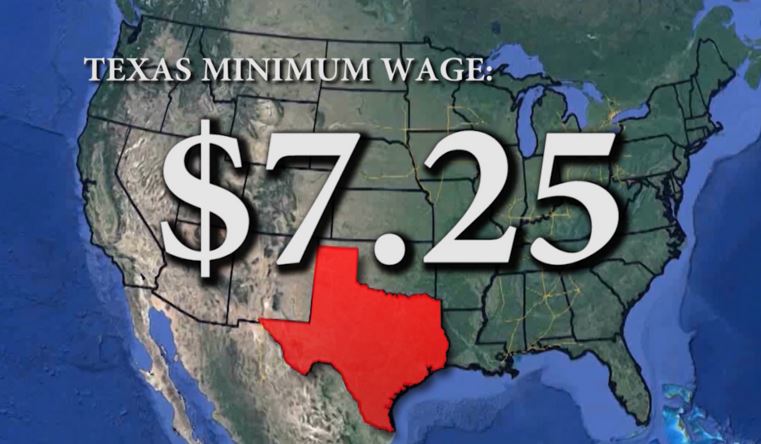 Watch the video here: http://bit.ly/1Sxpz38. AUSTIN, TX Last week, the governors of California and New York signed bills that would eventually create a minimum wage of $15 per hour in those states, almost double Texas' minimum wage, which hasn't moved in seven years. According to Texas law, the state will always maintain the same minimum wage set by the federal government. Right now that number has been fixed at $7.25 since 2009. Garrett Groves, Director of the Economic Opportunity Program at the Center for Public Policy Priorities said $7.25 is not enough for the average worker in Texas to get by. “If you work full time on a minimum wage job, you'll bring home around $15,000 a year, which is not much certainly,” Groves said, “and you need almost twice that just to pay for housing, for food, for health care and transportation costs. And you'll need more than that if you are trying to support a family on that amount.” Groves led the charge during the last legislative session to bump the minimum wage in Texas to $10.10. According to his report, “It's Time to Raise the Minimum Wage in Texas.” This is the amount needed to support a family in Texas on a minimum wage salary. “Many of us were surprised that it is a quarter of the workforce that would be affected by minimum wage increase to $10,” Groves said. “So that's one out of every four workers or two and a half million people make less than that amount of money.” The proposal didn't make it past a discussion on the house floor, but Groves said he plans to bring it up again in the upcoming legislative session. “There will be legislation that will be proposed,” Groves said. “The dollar amount will probably go higher than $10.10.” However, many republican lawmakers have expressed their concern for raising the minimum wage. U.S. Congressman Randy Neugebauer (R-Texas) said he doesn't think a wage hike would be good for the overall economy. “I think it is a disincentive for businesses to bring in people who are you know, first time in the job market, give them training so they can be a more productive member of that firm,” Neugebauer said. “So I think the government setting prices for anything is not good policy.” Dr. Vance Ginn with the Center for Fiscal Policy said raising the minimum wage in Texas would hurt the state's economy. “Really what we are doing by raising the minimum wage and reduce the number of jobs available,” Ginn said. “We're reducing their opportunity to move up the income spectrum and to be more prosperous over time.” Ginn said the biggest reason why a wage increase in Texas is not as necessary as it would be in California is simply the difference in cost of living. “California is about 45 percent more expensive,” Ginn said. “Their cost of living is about 45 percent more expensive than in Texas. And so that means they can buy a lot less, even whenever they are still earning a higher amount.” The discussion surrounding minimum wage has also hit the presidential campaign trails. Hillary Clinton said on Sunday that if elected she plans on raising the federal minimum wage to $12. “It's important to point out that there are people who don't believe that the minimum wage should be raised,” Clinton said. “In fact, Donald Trump has said that wages are too high. And a lot of members of his party agree.” http://www.everythinglubbock.com/news/state-regional/should-texas-increase-its-minimum-wage VIDEO: ADVANCING THE TEXAS MODEL - WILL A SIMPLE TAX SYSTEM DRIVE PROSPERITY? @TPPF PO 20161/7/2016 |
Vance Ginn, Ph.D.
|
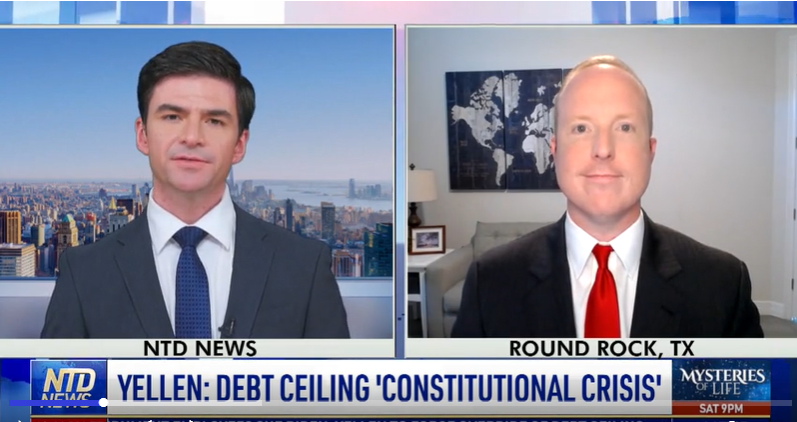
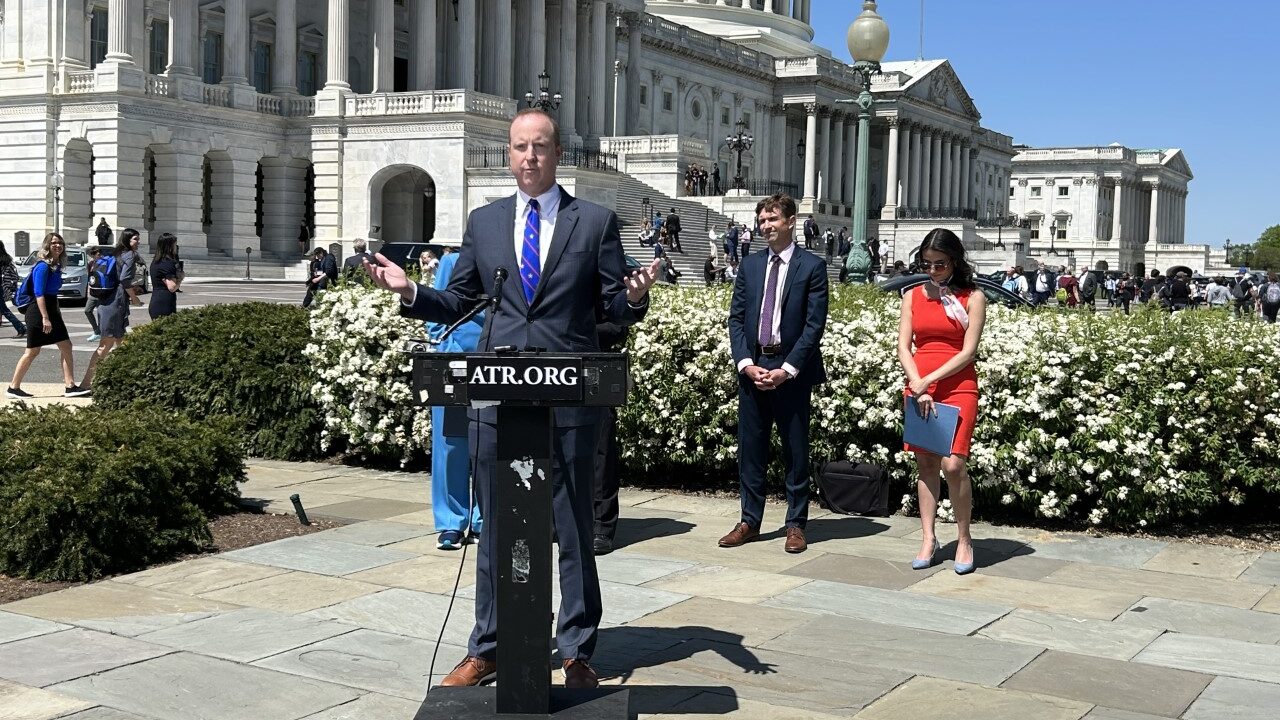
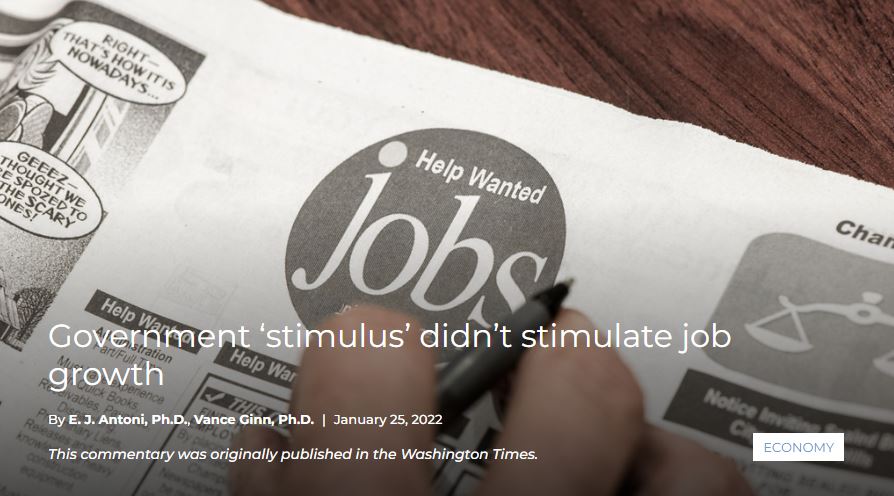
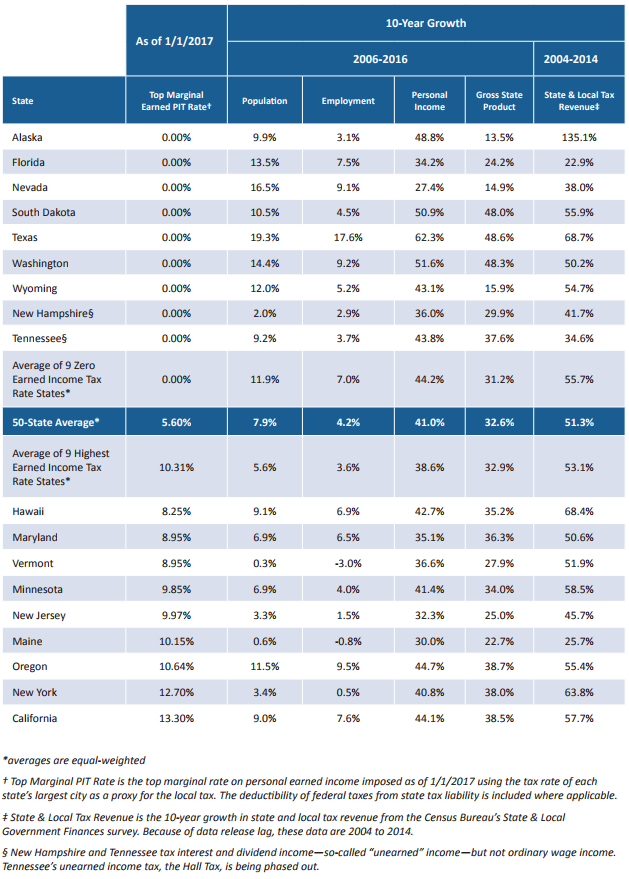

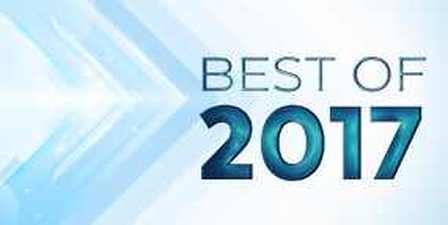
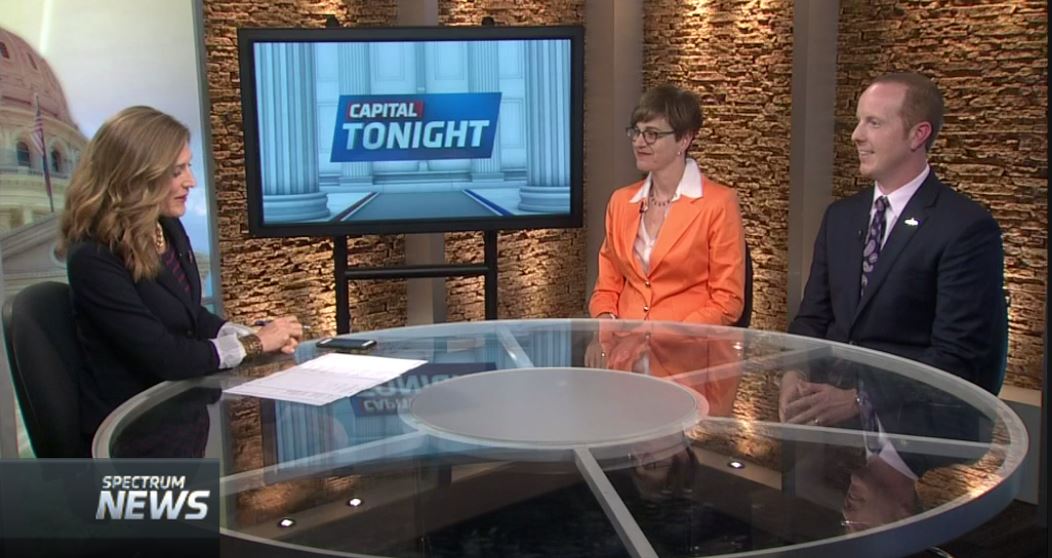

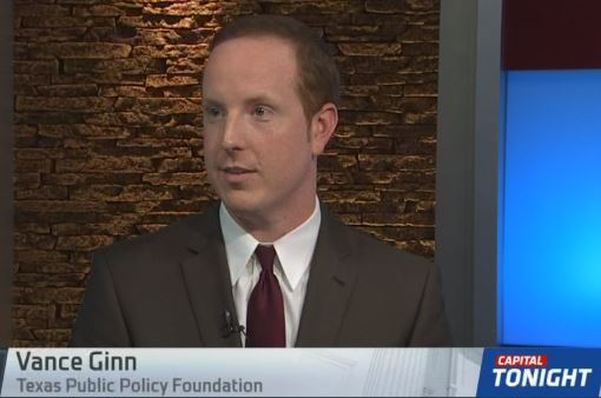

 RSS Feed
RSS Feed